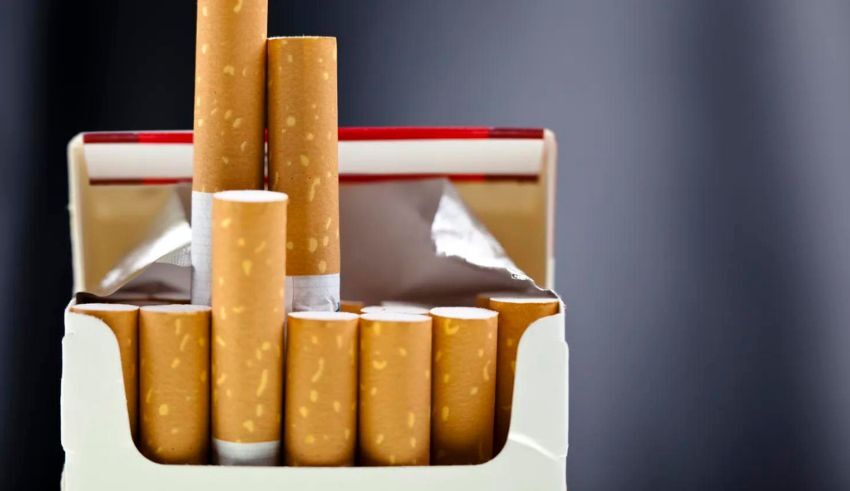
Having a historic restriction on the selling of cigarettes per stick, Indonesia has advanced significantly in its tobacco control initiatives. Celebrated for high rates of tobacco use and output, this new control shows a strong dedication to public health and a developing awareness of the primary health issues linked with smoking.
Youth Addiction Management
Targeting the alarming tendency of young smokers, the ban aims at the Separately sold cigarettes have made them more affordable and accessible for young people, who are especially prone to nicotine addiction. The government wants to lower the start of smoking among young people by limiting per-stick sales, so lowering the long-term health problems related with early tobacco use. This conduct tries to forward a better one and shield the younger generation from the negative consequences of smoking.
Enhancing Overall Welfare
This program obviously helps medical professionals. The poisons in tobacco smoke have linked themselves to heart disease, cancer, and respiratory issues. Reducing smoking rates helps Indonesia seek to decrease the prevalence of these tobacco-related ailments, therefore reducing the load on its healthcare system and enhancing the general quality of life for its people. This proactive approach to public health is expected to help the population much over long periods.
Economic fallout
Although the tobacco industry makes a big impact on Indonesia’s GDP, the long-term expenses of tobacco-related diseases much outweigh the transient financial benefit from tobacco sales. Supporting public health campaigns and smoking cessation programs helps the government create a better, more productive workforce that would over time help to boost the economy. From quick financial gains to long-term health initiatives, the change exposes a forward-looking dedication to national progress.
Integration Obstacles
Starting this restriction will surely lead to issues including smuggling and illicit sales. Still, the government might start massive public awareness programs and rigorously enforce laws to help to resolve these problems. Supporting groups and cessation programs for smokers can also assist those who are trying to give up and aid to lower the general demand for cigarettes. Effective application of the new law depends on these initiatives.
An Image of a Future in Health
First step toward Indonesia’s ambitious and noble future is outlawing selling cigarettes per stick. This legislation highlights government will to safeguard its people and forward public health. Indonesia is building the path for a better and healthier future for its people by tackling the basic reasons of tobacco addiction and pushing better lifestyle choices.
Global Effects
The ban of per-stick cigarettes by Indonesia changes the focus of the global struggle against tobacco addiction. This audacious move could motivate such behavior elsewhere, therefore helping a global endeavor to lower smoking rates and enhance public health. The effort of Indonesia is a wonderful illustration of how, over time, society will win by putting health first over transient financial advantage.




